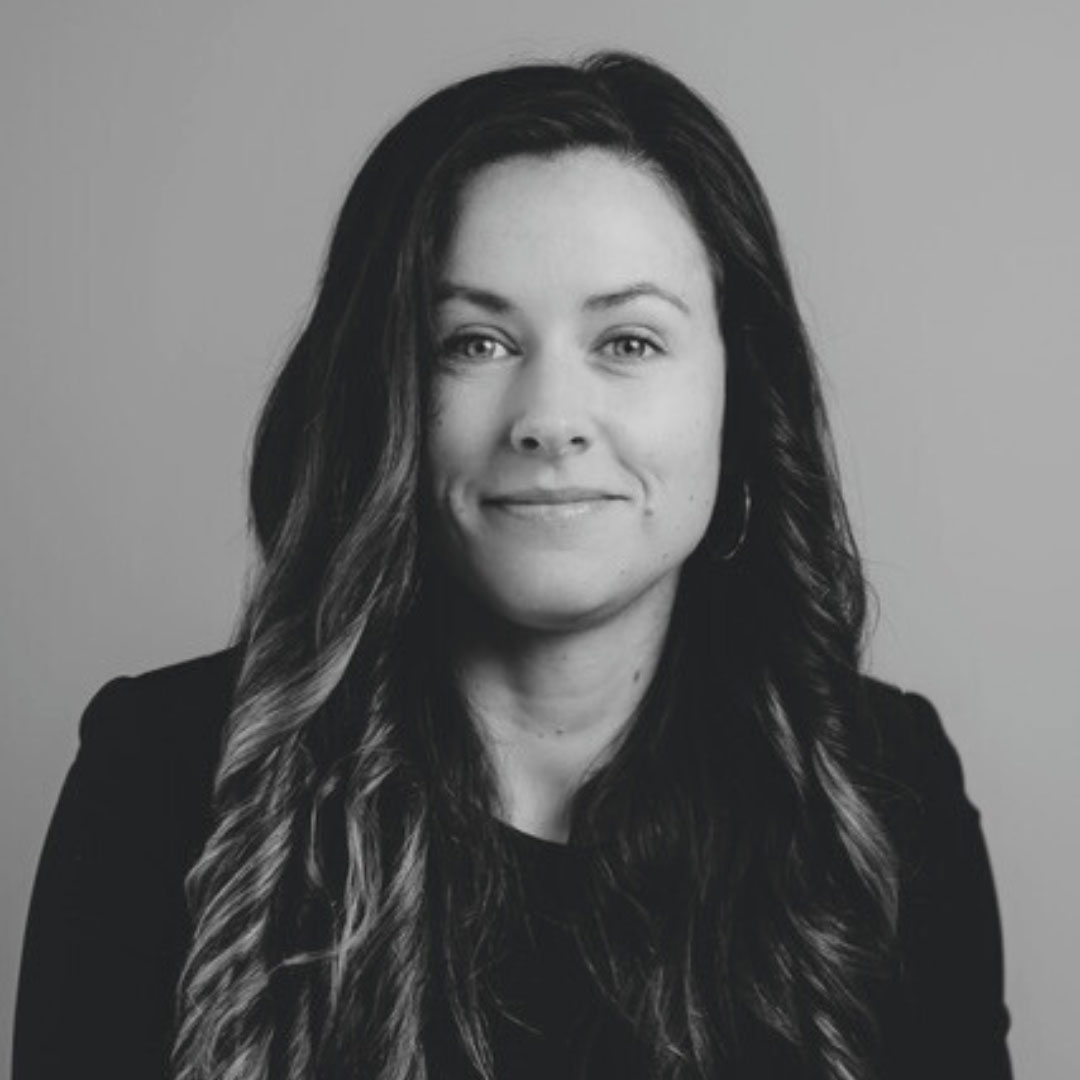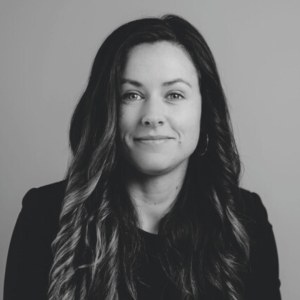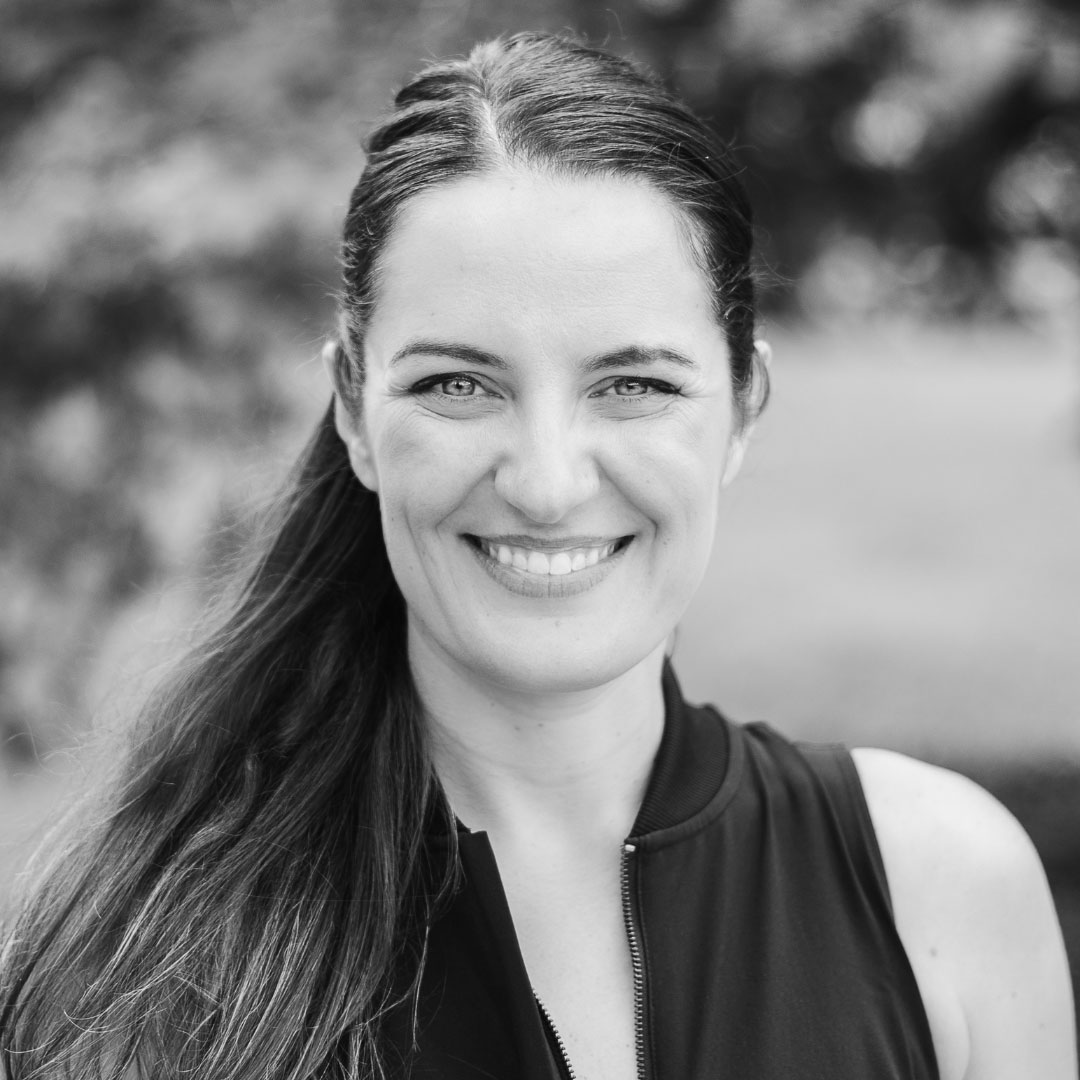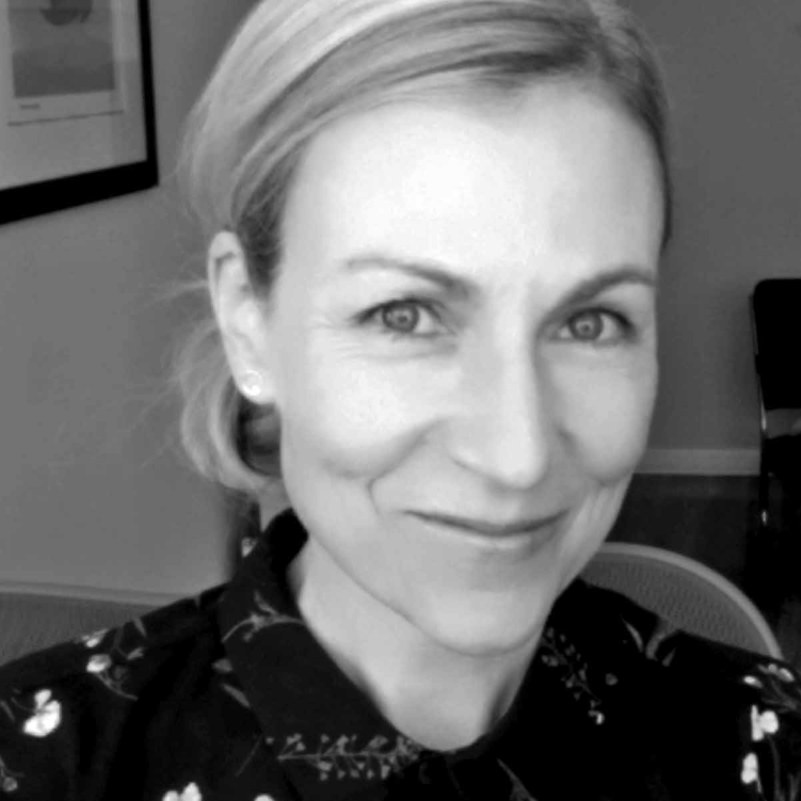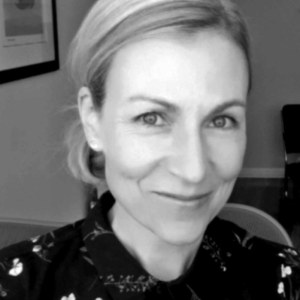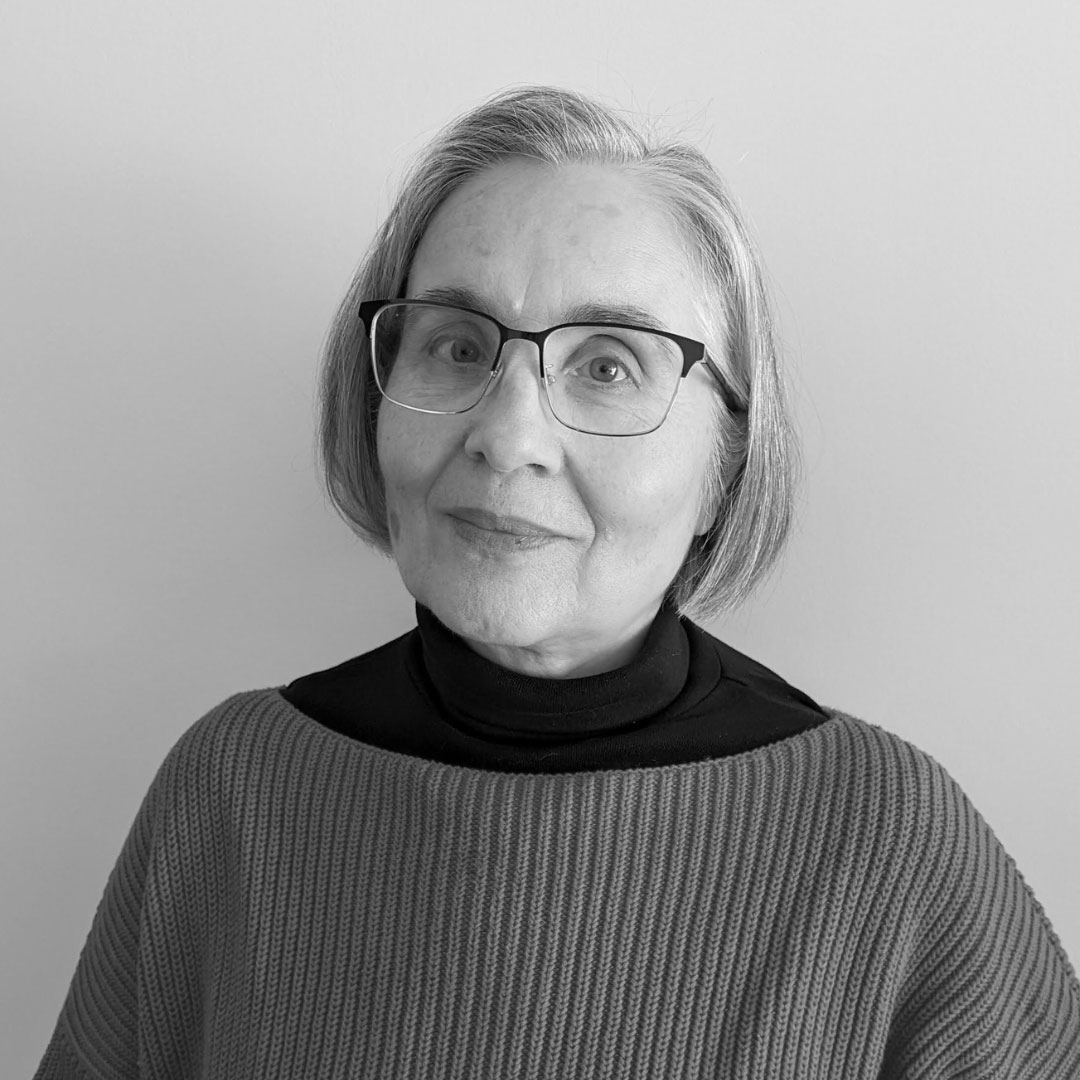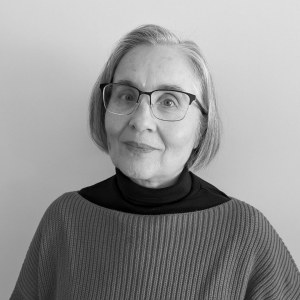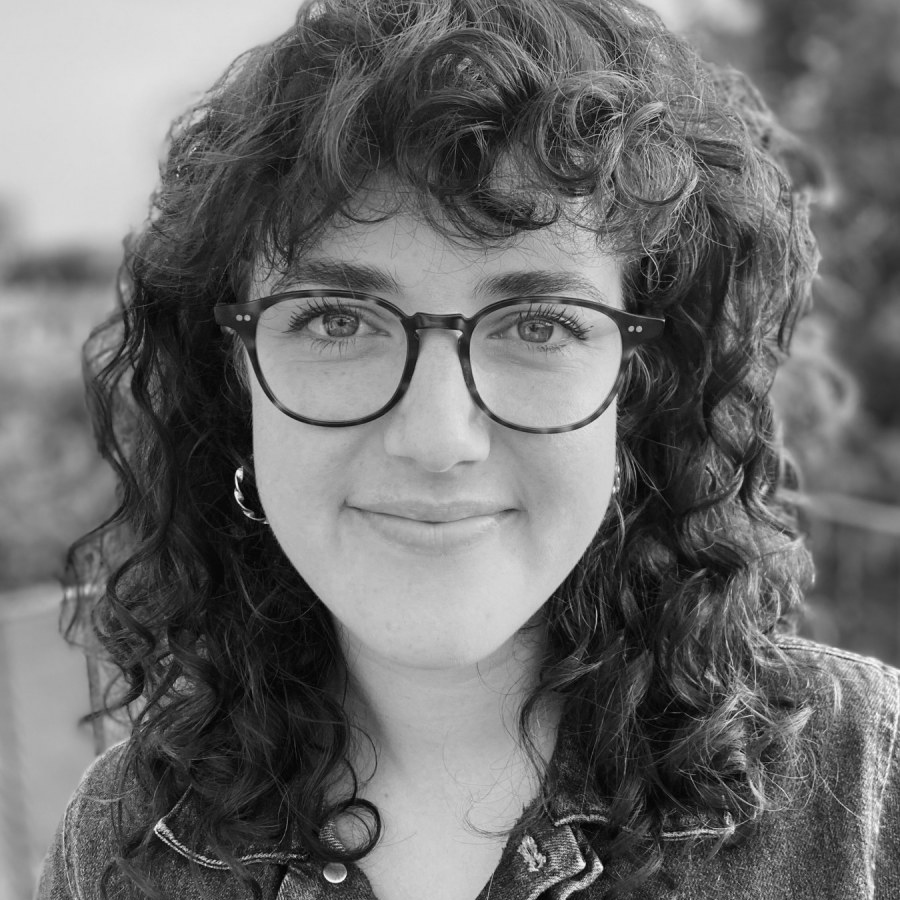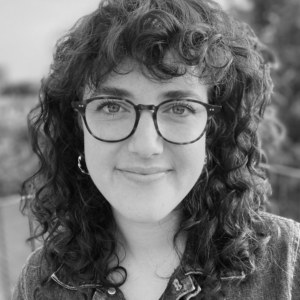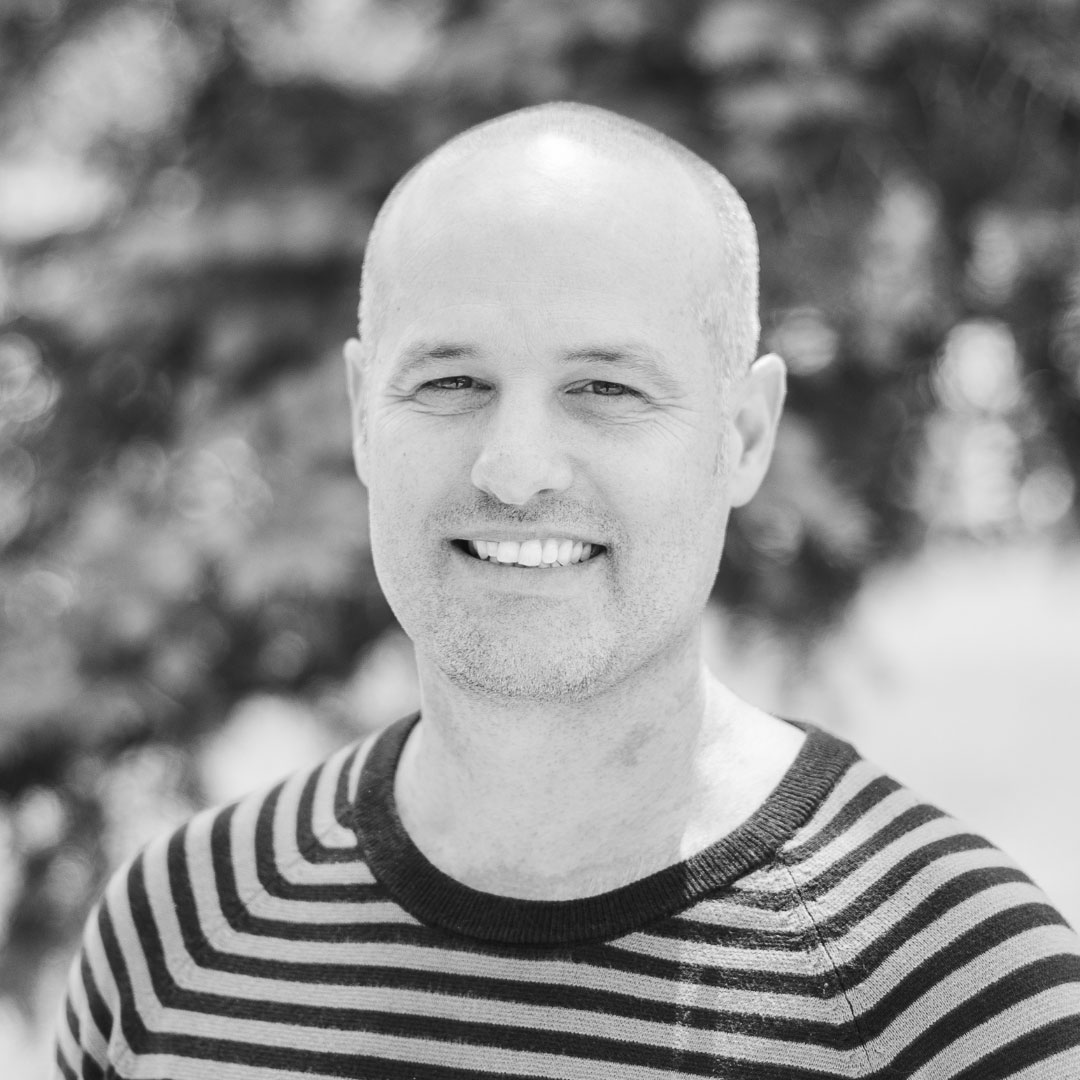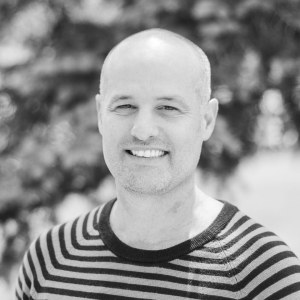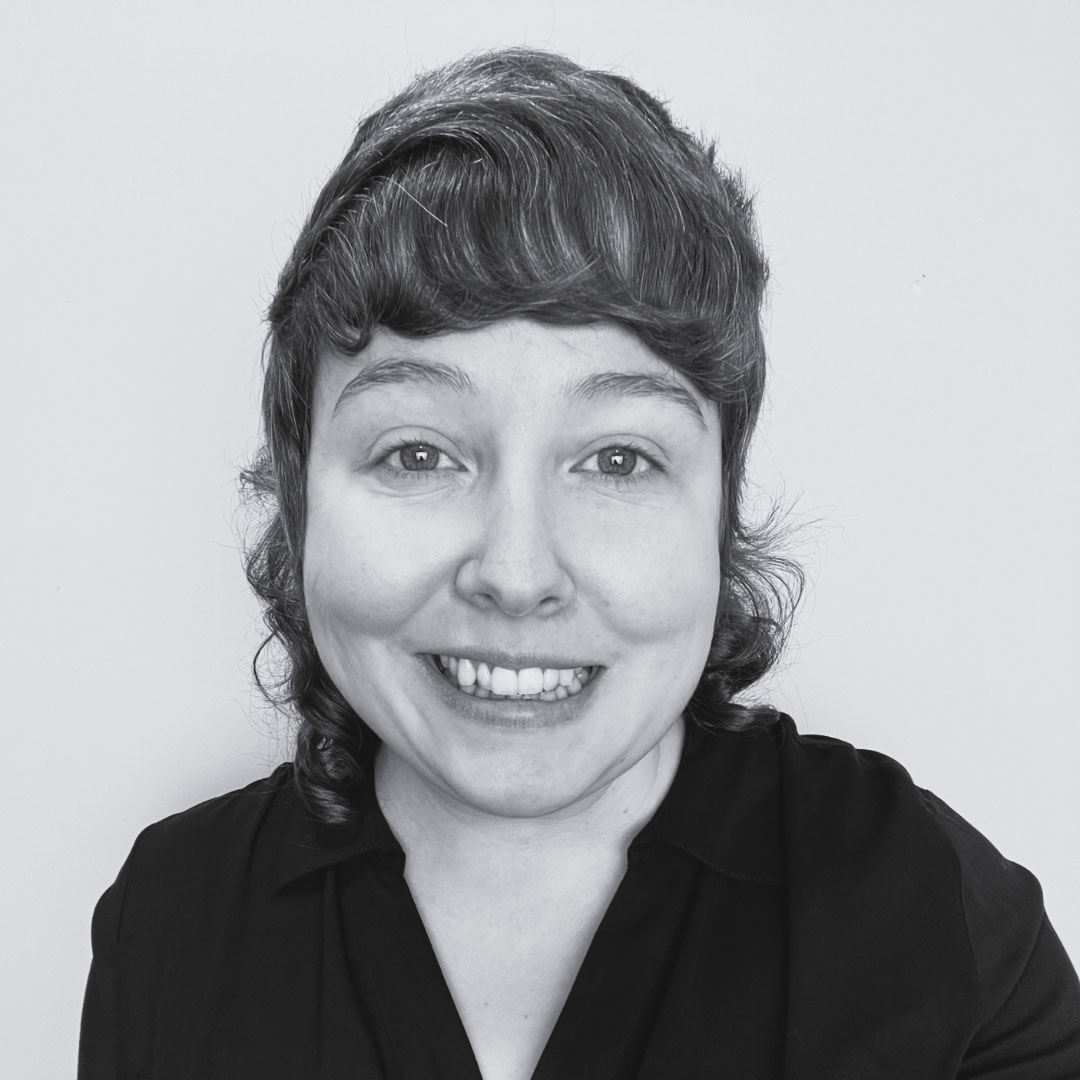Dr. Anita Federici is a Clinical Psychologist and Owner of The Centre for Psychology and Emotion Regulation. She serves an Adjunct Faculty position at York University and is a distinguished Fellow of the Academy for Eating Disorders (AED). She is the co-author of the MED-DBT Treatment Manual (to be published in 2025 with Guilford Press). From 2019 – 2022, Anita served as the Co-Chair for the Suicide and DBT Special Interest Group (SIG) for the AED and currently sits on the SIG Oversight Committee with AED. In 2019, she was awarded Business Woman of the Year by the Meridian Women of Excellence Committee for her outstanding contributions to the community and to the province. In 2020, she was awarded the ‘Outstanding individual” by The Bulimia and Anorexia Nervosa Association.
Anita has had a considerable impact on the field through her leadership, advocacy work, and expertise. She has provided more than 400 lectures, workshops, and invited talks on eating disorders, MED-DBT, compassionate and collaborative models, and developing differential care pathways rooted in biotemperament and guided by experts-with-experience. She has developed a robust training program, a wide network of allied health professionals, and a treatment centre in an underserved and rural region of Ontario. Her passion for inspiring and invigorating hope for clients and clinicians is at the heart of her work.
Known for her engaging and authentic style of training, Anita has become a highly sought-after consultant. She works extensively with hospitals and community organizations internationally offering team training, implementation support, and program development. Her work has been presented at international conferences and published in peer-reviewed journals and invited book chapters.





